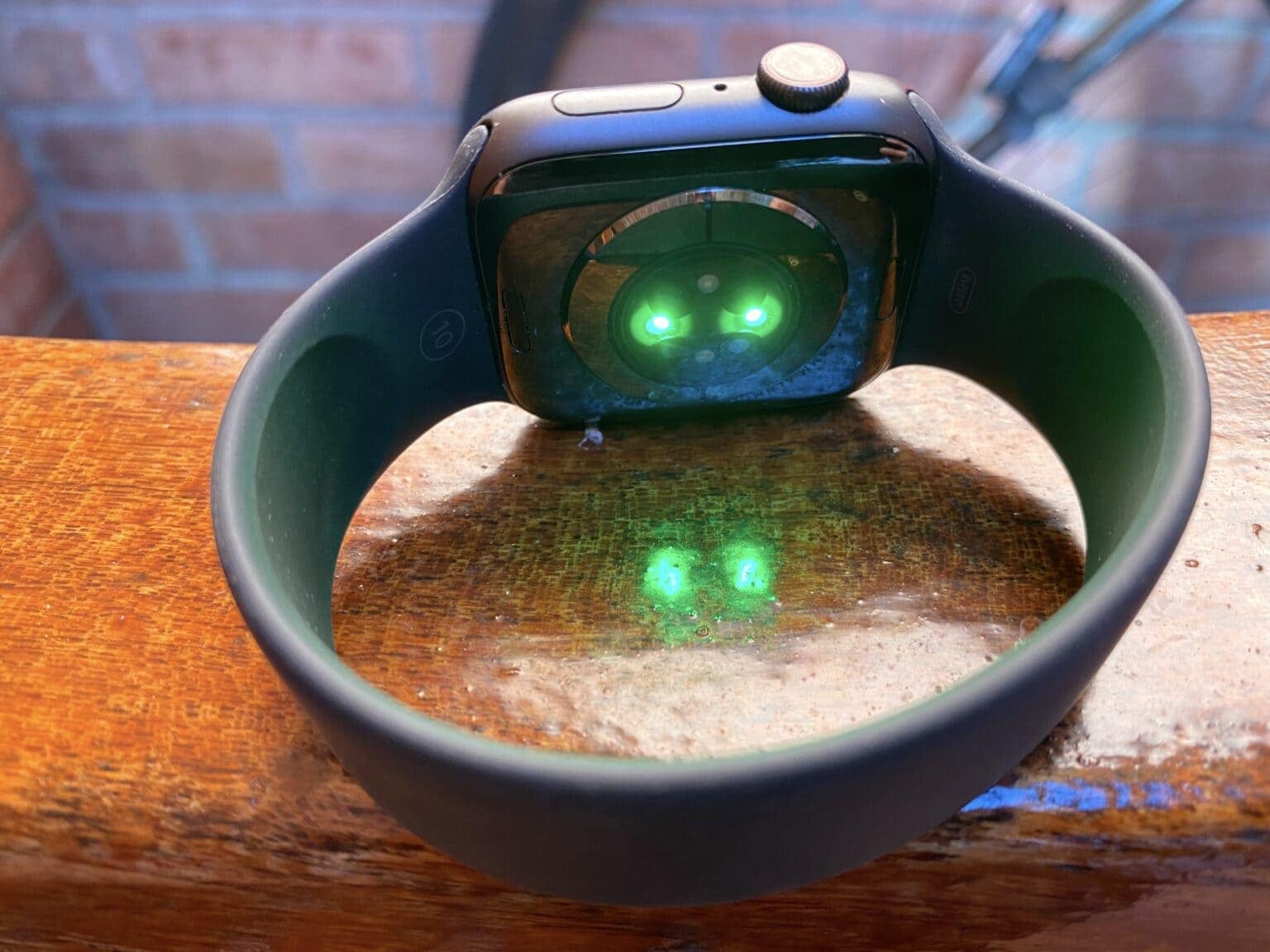The famed Mayo Clinic showed us a new way artificial intelligence (AI) and Apple Watch can help save patients’ lives, according to a new study.
Instead of relying only on expensive tests conducted in clinical settings, doctors may be able to turn to AI and Apple Watch electrocardiogram (ECG) recordings to help determine which patients have previously undetected heart pump problems that could lead to heart failure.
Mayo Clinic pairs AI and Apple Watch to find and help patients with weak heart pumps
A study published on November 14 in Nature Medicine looked into the Mayo Clinic researchers’ work. The study conducted an analysis of patients’ Apple Watch ECG recordings over a period of about six months, from August 2021 to February 2022.
“Currently, we diagnose ventricular dysfunction ― a weak heart pump ― through an echocardiogram, CT scan or an MRI, but these are expensive, time consuming and at times inaccessible,” said the study’s senior author, Mayo’s Dr. Paul Friedman, in a press release.
“The ability to diagnose a weak heart pump remotely, from an ECG that a person records using a consumer device, such as a smartwatch, allows a timely identification of this potentially life-threatening disease at massive scale,” he continued.
And that smartwatch, as shown in the research, can be an Apple Watch. It’s already known to have many health-related features and benefits.
Using Apple Watch ECG readings
Participants in the study recorded their ECG reading wherever and whenever they wanted. Then they uploaded them periodically to the Mayo Clinic using a specialized app.
Here’s how Becker’s Hospital Review described how researchers used AI to analyze Apple Watch ECG readings:
The readings were uploaded to an app created by the Mayo Clinic Center for Digital Health and then uploaded to the patients’ electronic health records, where clinicians could access all the ECG data on an AI dashboard.
Mayo researchers then interpreted Apple Watch single-lead ECGs by modifying an earlier algorithm developed for 12-lead ECGs that is proven to detect a weak heart pump.
The modified AI algorithm using single-lead ECG data was as accurate or slightly more accurate than a medical treadmill diagnostic test at detecting a weak heart pump, according to the researchers.
What is the potential?
If you’ve ever had a “stress test” to look for cardiovascular problems, you know about the treadmill thing described above. Clinicians cover you in electrodes and put you through your paces, watching your heart rhythms. This could be combined with other expensive tests, as the study’s senior author talks about above, in a clinical setting.
That’s a lot of costly work requiring both equipment and doctors onsite.
But an important finding in the Mayo Clinic research is that Apple Watch shows strong potential for detecting weak heart pumps that could lead to congestive heart failure. And that’s without needing full medical intervention in a clinical setting.
“Building the capability to ingest data from wearable consumer electronics and provide analytic capabilities to prevent disease or improve health remotely can revolutionize health care,” said Mayo’s Dr. Bradley Leibovich, M.D., a co-author on the study.
“Solutions like this not only enable prediction and prevention of problems, but also will eventually help diminish health disparities and the burden on health systems and clinicians,” he added.
Mayo Clinic noted that it funded the study and received no technical or financial support from Apple.


